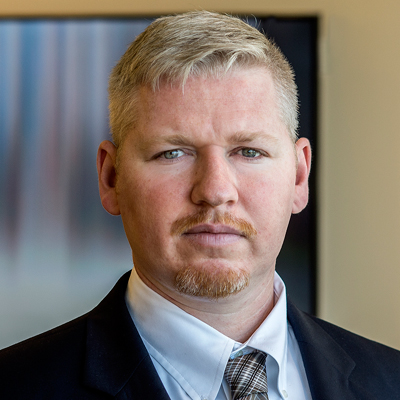Far-Right Terror Rocks Germany
The Hanau attack comes amid a wave of surging anti-Semitism and violence against newly arrived migrants in Germany.

Published by The Lawfare Institute
in Cooperation With

On Feb. 19, in Hanau, Germany, a town located near Frankfurt, a 43-year-old German citizen named Tobias Rathjen shot and killed nine people at two separate hookah bars. German authorities are treating the incident as an act of far-right terrorism. German Federal prosecutor Peter Frank concluded that the available evidence indicates the shooter held “deeply racist convictions,” and German Chancellor Angela Merkel said that Rathjen appears to have adhered to a “right-wing extremist” ideology.
The attacker was found dead in his home from an apparent self-inflicted gunshot wound. Authorities believe he killed his elderly mother, who was also found dead in the house. Federal prosecutors in Germany have assumed responsibility for the case and have launched an investigation into a wide variety of possible angles, including whether Rathjen was part of a broader network. Rathjen had a legal license for firearms and ammunition, and police discovered gun magazines in a vehicle he abandoned after the rampage.
Rathjen was previously unknown to authorities. But a collection of writings and several videos posted on his website, which was created in August 2019, paint the picture of a paranoid and delusional man with deep-seated xenophobia. Rathjen claimed to be under the control of so-called mind-readers from unnamed intelligence agencies. His diatribes included warnings to Americans about underground bunkers in the United States where he alleged children were being abused and murdered (a claim reminiscent of ideas prevalent in U.S. conspiratorial circles). He also made rambling references to President Donald Trump and Jurgen Klopp, coach of the Liverpool Football Club.
Rathjen’s manifesto demonstrates that his motivations were multifold. The document included a mélange of anti-immigrant beliefs, eugenics, conspiracy theories and misogynist ideology. Available evidence suggests that Rathjen may be an adherent of an online community called “Men Going Their Own Way,” an anti-feminist and misogynist fringe group that exists online and has similarities to the so-called incel movement.
But above all, the attacker’s manifesto demonstrates an intense hatred of immigrants, foreigners and minorities. His writings echo themes about white racial superiority that have been championed by neo-Nazis and white supremacists. He wrote that “[n]ot everyone who has a German passport is purebred and valuable.” He advocated for the destruction of people from the Middle East, North Africa and Central Asia.
Rathjen’s target selection is also telling. The hookah bars that Rathjen attacked are popular within Hanau’s Kurdish community, and all nine victims had immigrant backgrounds. Similar to the August 2019 El Paso terrorist attack, the perpetrator appears to have deliberately selected a target that would yield a high lethality rate of immigrants, minorities and non-whites. Hanau now joins a growing list of cities—El Paso, Oslo, Christchurch, Pittsburgh and others—that have seen devastating far-right terror attacks in recent years.
Tarek Al-Wazir, the minister of economics, energy, transport and housing of Hesse, the state in which Hanau is located, noted the similarities between Rathjen’s worldview and that of Anders Breivik, the white supremacist who killed 77 people in terrorist attacks in Norway in 2011. There are no indications that Rathjen admired Breivik. But Breivik has served as inspiration for numerous other far-right terrorists, and Rathjen’s manifesto seems to have parroted the latter’s tropes about racial purity and white supremacy.
The Hanau attack comes amid a wave of surging anti-Semitism and violence against newly arrived migrants in Germany. Just over a week ago, German police arrested a dozen neo-Nazis belonging to Der harte Ken, or The Hard Core. The government alleges that terrorist cell was planning to launch attacks on mosques, asylum seekers and refugee shelters. Earlier this year, German police cracked down on Combat 18, a neo-Nazi group with a robust presence in Germany and growing transnational connections. In an October 2019 incident, a white supremacist attacked a synagogue in Halle, Germany, using a 3-D-printed gun. Four months earlier, in June 2019, pro-refugee politician Walter Lubcke was assassinated by a far-right extremist with links to Germany’s neo-Nazi underground. This struggle with far-right extremism comes at a time when a growing cohort of young people in Germany have attempted to rebrand far-right ideas as more politically palatable and introduce them into the political mainstream.
German authorities have indicated that, across the country, there could be more than 12,000 people committed to extreme far-right views. Even if only a small fraction of these individuals commit acts of political violence and terrorism, the challenge facing German authorities and law enforcement is daunting.
German authorities appear awake to the problem—the government has allocated more resources and personnel to combat white supremacists and neo-Nazis. Nonetheless, they face an uphill battle as the tide of right-wing extremism continues to swell in Europe and across the globe.





